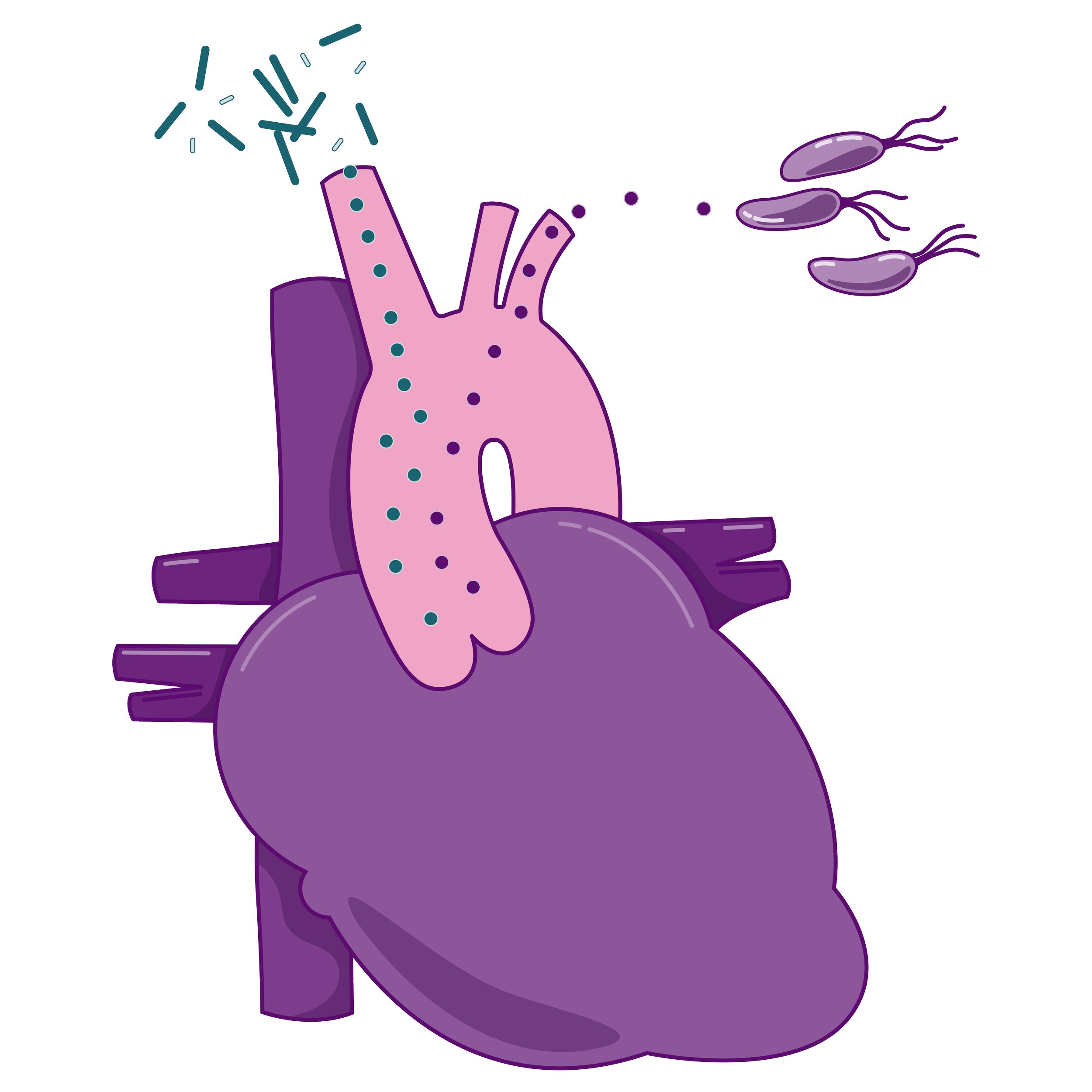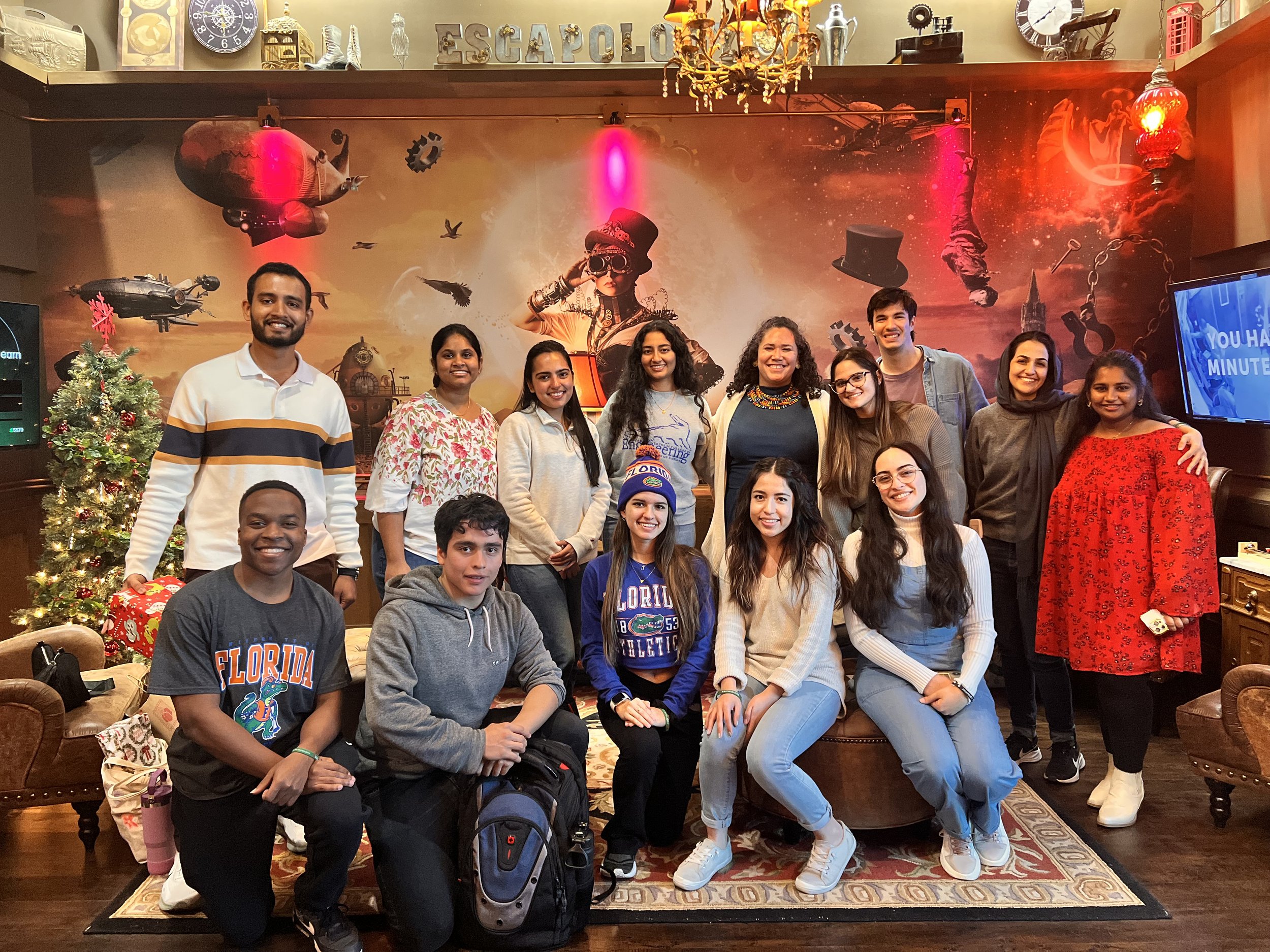
Research
The Porras TMI Lab engineers disease models to study how microorganisms interact with human tissues to drive pathological processes in the host. Using these models, we can identify the mechanisms through which both beneficial and pathogenic microbes initiate tissue remodeling. We are keen on understanding host-microbe interactions of special interest to populations in the Global South.
Microbiome-ECM interactions in IBD
Strong associations between alterations in the gut microbiome and inflammatory bowel disease (IBD) have motivated the proposal of fecal microbiota transplants as a treatment option. However, the specific mechanisms through which the gut microbiome mediates the progression of IBD have not been identified. We hypothesize the gut microbiota drive remodeling of the intestinal extracellular matrix, a known hallmark of both ulcerative colitis and Crohn’s disease. Using biomaterials-based approaches, we are studying the direct and indirect impact of gut bacteria on both extracellular matrix degradation and fibrosis, and the consequences of these processes.
Gut metabolites in Aortic Valve Disease
The gut microbiome impacts not only gut health but also other distant organs. For example, microbiota-dependent metabolites have been directly associated with cardiovascular diseases like atherosclerosis and abdominal aneurysms. Increasing evidence suggests these compounds may play a role in calcific aortic valve disease. We are engineering in vitro platforms to assess the impact of exposure to these metabolites on aortic valve cell behavior.
Liver remodeling in leishmaniasis
Leishmaniasis is a tropical parasitic disease that affects more than 10 million people around the world. Visceral leishmaniasis is the deadliest presentation of this disease leading to the enlargement of both the liver and spleen. In collaboration with UF Prof. Peter Kima, we are characterizing the tissue remodeling observed in these organs as a result of the infection. In parallel, we are designing novel in vitro infection models to understand changes in the extracellular matrix and vascularization induced by Leishmania protozoa.
Global participation in STEM
Most microbiome studies have been based on populations in the Global North even though the human microbiome is known to vary dramatically across the world. The extent to which these population-level variations contribute to host health is unknown. To address this gap, we work with collaborators as often as we can to study the microbiomes of populations in the Global South. In parallel to our biomedical research, we also seek to understand the factors that contribute to unequal global participation in science and engineering.
Funding
We would like to thank the agencies and organizations who sponsor our research.
NIIGMS R35GM155229
T32AI007110
CAREER 2338708
GRFP DGE2236414
Learn more about the team
The Porras lab is a diverse group of scientists and students. Get to know us!







